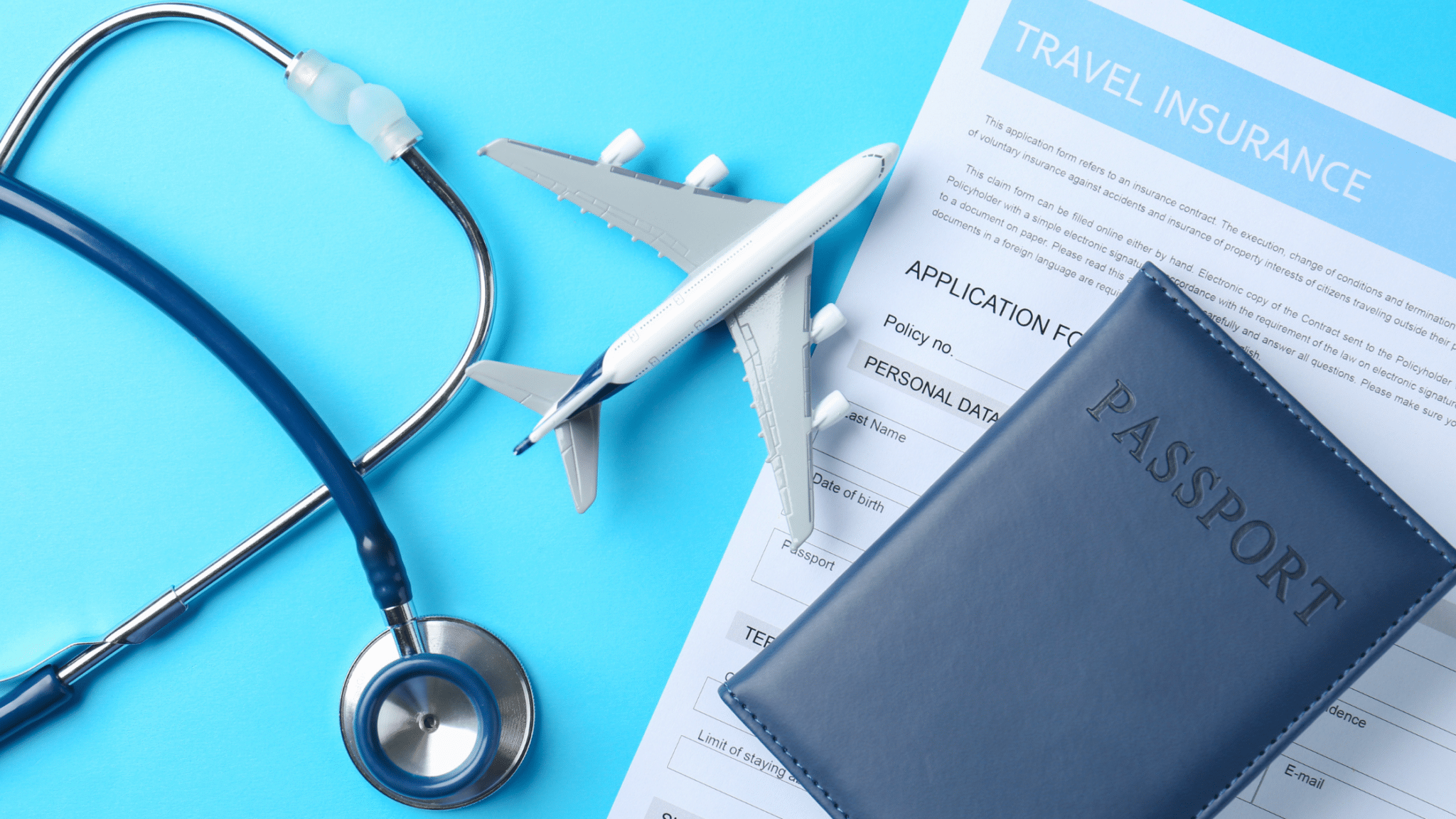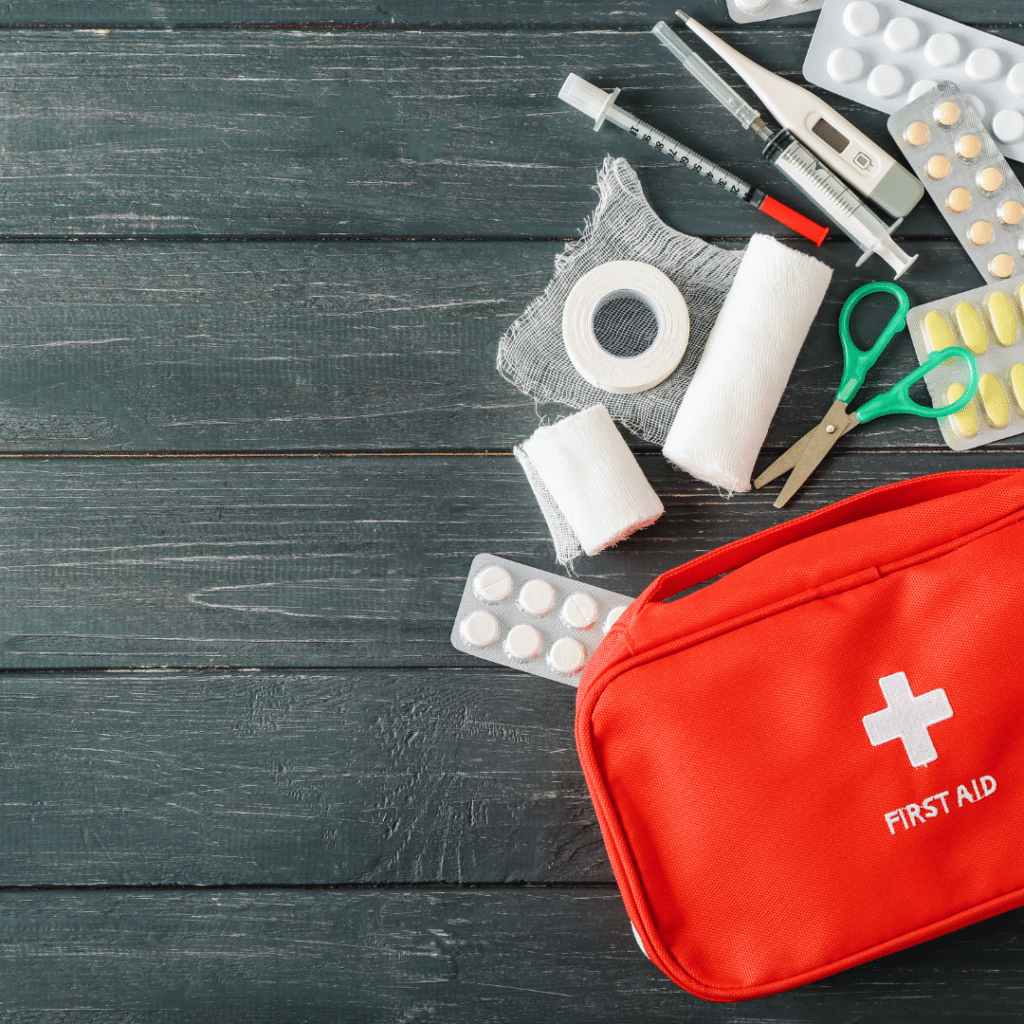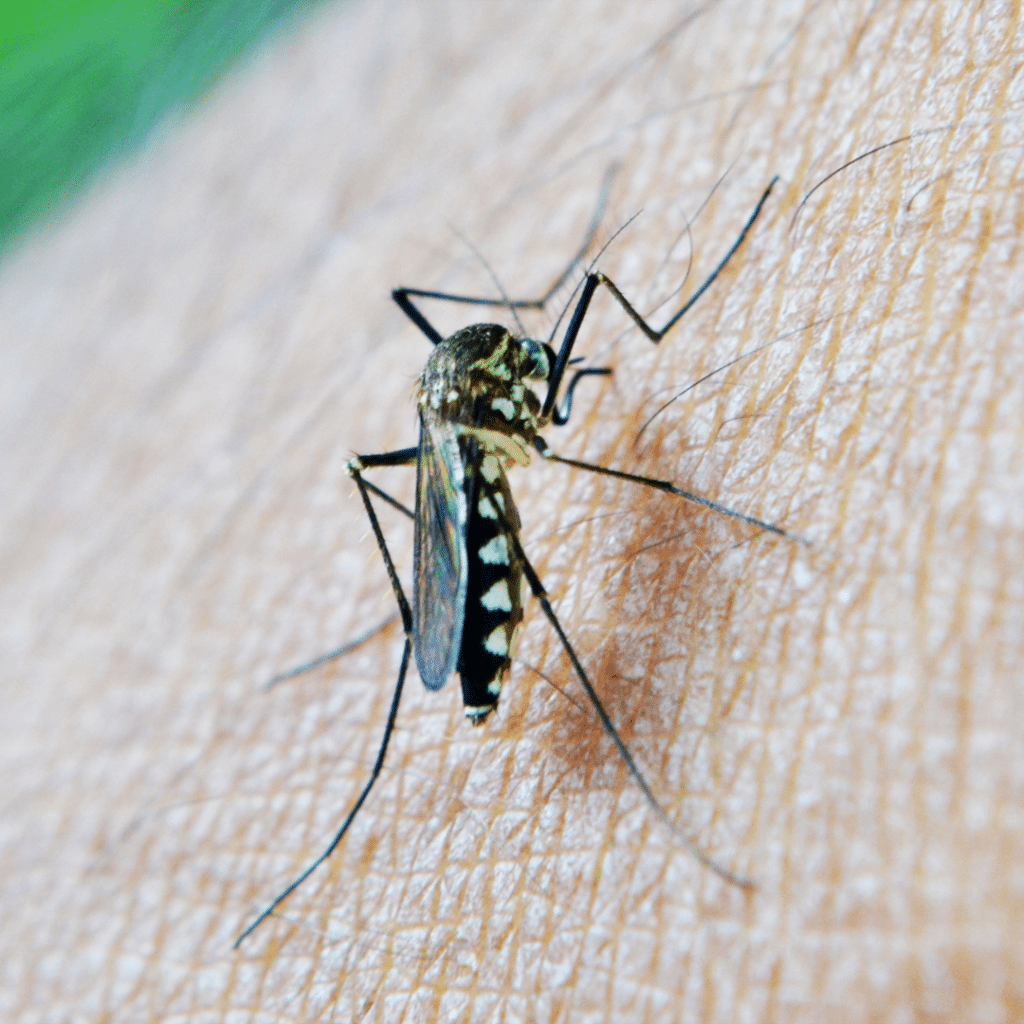Travel Medicine Checklist for Summer Travel Top Picks from Your Local Pharmacy

Introduction
Warm weather can mean fun plans for summer travel and some well-earned rest and relaxation. Too often though, Americans overlook the need to include travel medicines and vaccinations on their packing lists. This can have unintended consequences including vacation days spent in bed, time wasted seeking help from a travel clinic, or bringing home an infectious disease as an unwanted souvenir.
“Travelers may encounter various health risks during travel,” advises the World Health Organization (WHO), noting that risks can come from a range of factors including exposure to infectious diseases, access to safe food and water, and poor sanitation and hygiene standards. “All individuals planning travel,” WHO advises, should seek information or advice on potential health risks before they travel.”
The local pharmacy, of course, is a good place to start. Pharmacists are trusted sources of information about the many maladies that can wreak havoc with a summer vacation, and the products that can help keep travelers safe. In addition, pharmacy staff can help travelers compile a “travel medicine kit” full of the OTC products most likely to be needed.
What exactly should be included in a travel medicine kit? PrimeRx has compiled the following checklist that details common summer ailments – and the products that can help!
Prescription Medications.
A critical first step is to ensure all prescription medications are filled and ready to go! Check quantities to ensure adequate supplies and obtain refills as needed. Refilling a prescription while away from home can be a time-consuming process, and for some international destinations, obtaining a refill may be impossible. By proactively ensuring ample supplies of all prescribed medications, patients can ensure seamless access, and avoid the headache of having to find a way to have a medication refilled.


Basic First Aid and Medicines
While no one expects to get sick during their summer vacation, summer colds, digestive issues, headaches, and cuts and bruises are often unwanted guests. Travelers can help minimize the disruption though, by proactively bringing along basic products that include:
- Antacids.
- Antibiotic ointment.
- Band-Aids/Bandages.
- Cold medicines including oral decongestants, oral anti-inflammatories, nasal saline rinses, throat lozenges.
- Diarrhea medicine (such as Imodium or Pepto-Bismol).
- Hydrocortisone cream.
- Laxatives.
- Motion sickness medicine.
- Pain and fever medicine (such as acetaminophen or ibuprofen).
- Sleep aids.
Food poisoning.
Foodborne illnesses spike during the summer months due to the propensity of bacteria to multiply faster in warmer temperatures, and the difficulty of ensuring safe food handling in an outdoor environment.
Travelers can help prevent a fun picnic from becoming a food catastrophe with OTC products that include:
- Coolers.
- Ice packs.
- Towelettes.
- Hand sanitizers.
- Disinfectant sprays and wipes.
Patients experiencing food poisoning can rely on OTC products such as:
- Fluids including Ceralyte, Pedialyte and Oralyte to help prevent dehydration.
- Broth.
- Nausea medications.
- Anti-diarrhea medications.
- Fever medications including acetaminophen or ibuprofen.


Insect bites and stings
While bug bites are certainly a rite of summer, certain insects pose dangerous, potentially life-threatening risks. This includes mosquitos that carry illnesses like West Nile virus, and deer ticks that carry Lyme disease and Rocky Mountain spotted fever.
Patients can protect themselves with products that include:
- Insect repellants.
- Calamine lotion.
- After bite erasers.
- Oral antihistamines such as Benadryl.
- Itch relief products such as Campho-Phenique.
Poison oak or ivy rash.
Nothing ruins a summer hike or day in the garden like brushing up against a patch of poison ivy or poison oak. While the severity of a reaction depends on the amount of the plant’s oil that transfers to an individual’s skin, any resulting rash is unwelcome and unpleasant. Helpful OTC products include:
- Hydrocortisone cream.
- Calamine lotion.
- Oral antihistamines.
- Oatmeal-based products like Aveeno for soothing baths.


Sun Safety.
The pharmacy can be a good source of products to protect patients from the harmful effects of sun exposure. Essential products include:
- Sunscreen.
- Lip Balm with SPF.
- Zinc oxide.
- Hats.
- Beach umbrellas.
In addition, consumers will appreciate heat-relief products including:
- Fans.
- Cooling body towels.
- Misting devices.
- Ice cold water and other beverages, along with ice pops and ice cream treats.
Travel Vaccines.
While immunizations clearly do not fall in the “OTC product” category, they are an important part of a summer medicine checklist – especially when international travel is planned. The CDC offers a Traveler’s Health online service, that allows users to access immunization requirements and potential health risks for a specific country.
Important to note during the summer of 2025 is the need for full vaccination against measles, since an increased number of cases have been reported around the world, including within the United States.

As Americans finalize plans for their summer travel, the nation’s pharmacists will be ready with the medicines and supplies to keep them healthy. The PrimeRx pharmacy technology system will have a role to play as well, helping pharmacies manage their inventories, maintaining patient records, and seamlessly recording all patient interactions.

